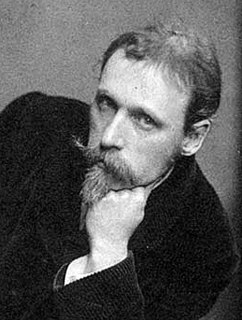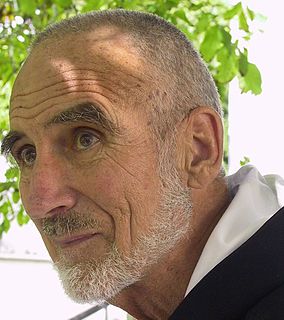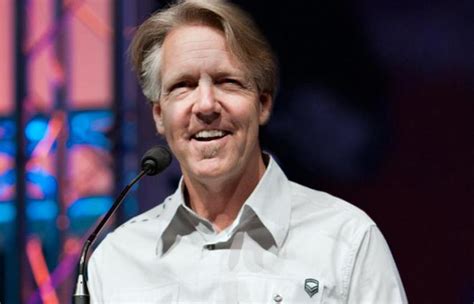A Quote by Walter Crane
We want a vernacular in art. No mere verbal or formal agreement, or dead level of uniformity but that comprehensive and harmonizing unity with individual variety which can be developed among people politically and socially free.
Related Quotes
If there is anything the artist or a true work of art teaches us, it is that variety and complexity really increase the unity, and that to achieve unity within a great variety of complexity is a greater achievement and more satisfying piece of art than to achieve unity with just a few elements, which is relatively easily achieved.
True variety is in that plenitude of real and unexpected elements, in the branch charged with blue flowers thrusting itself, against all expectations, from the springtime hedge which seems already too full, while the purely formal imitation of varietyis but void and uniformity, that is, that which is most opposed to variety.
But art not only exploits the variety of appearances, it also affirms the validity of individual outlook and thereby admits a further dimension of variety. Since the shapes of art do not primarily bear witness to the objective nature of the things for which they stand, they can reflect individual interpretation and invention.
Democracy cannot survive where there is such uniformity that everyone wears exactly the same intellectual uniform or point of view. Democracy implies diversity of outlook, a variety of points of view on politics, economics, and world affairs. Hence the educational ideal is not uniformity but unity, for unity allows diversity of points of view regarding the good means to a good end.
When Coleridge tried to define beauty, he returned always to one deep thought; beauty, he said, is unity in variety! Science is nothing else than the search to discover unity in the wild variety of nature,-or, more exactly, in the variety of our experience. Poetry, painting, the arts are the same search, in Coleridge's phrase, for unity in variety.
There are two major peace agreements. One is a comprehensive peace agreement that was consummated by the extremely beneficial intersession of the George Bush administration, who called on John Danforth, the former senator from Missouri, to negotiate a peace agreement after eight years during which President Clinton did not want to promote peace in the Mideast - I mean, in Sudan. And that's holding so far.
The whole realm of thought and opinion is utterly unsuited to public control; it ought to be as free, and as spontaneous as is possible. The state is justified in insisting that children shall be educated, but it is not justified in forcing their education to proceed on a uniform plan and to be directed to the production of a dead level of glib uniformity.
You may ask what kind of a republic I dream of. Let me reply: I dream of a republic independent, free, and democratic, of a republic economically prosperous and yet socially just; in short, of a humane republic which serves the individual and which therefore holds the hope that the individual will serve it in turn. Of a republic of well-rounded people, because without such it is impossible to solve any of our problems, human, economic, ecological, social, or political.
In societies where modern conditions of productions prevail, all of life presents itself as an immense accumulation of spectacles. Everything that was directly lived has moved away into representation. The images detached from every aspect of life fuse in a common stream in which the unity of this life can no longer be re-established. Reality considered partially unfolds, in its own general unity as a pseudo-world apart, an object of mere contemplation . . . The spectacle is not a collection of images, but a social relation among people, mediated by images.








































